Building Stronger Legs: How Strength Training Can Boost Your Running Performance
As a runner, you may already be familiar with the importance of maintaining a consistent training schedule, incorporating a variety of workouts, and following a healthy diet. However, have you considered the benefits of strength training for runners?
Incorporating strength training into your routine can have a number of benefits for runners, including improving running economy, reducing the risk of injury, and increasing overall performance. Here is a closer look at some of the ways that strength training can benefit runners.
Improved Running Performance
Strength training can improve running performance through several mechanisms, including increased muscle strength and power, improved running economy, and reduced risk of injury. It can increase muscle strength and power, which can directly translate to improvements in running performance. Stronger muscles can generate more force with each stride, resulting in faster running speeds and better running form. Also helps to increase muscular endurance, allowing runners to maintain their form and pace for longer periods of time.
Improved Running Economy
Running economy refers to the amount of oxygen that is required to maintain a certain pace. The more efficient a runner's economy, the less energy they need to expend to maintain a given pace. This can be especially important for long-distance runners, who need to conserve energy over the course of a race.
Strength training can help to improve running economy in several ways. First, it can help to increase muscle strength, which can lead to more efficient movement. Stronger muscles can also help to reduce the amount of force that is absorbed by the body during running, which can lead to less fatigue and less oxygen being used. Another important improvement is coordination and balance, which can also contribute to better running economy. For example, exercises like single-leg squats and balance exercises can help runners to maintain better form and control while running.
Reduced Risk of Injury
Strength training can reduce the risk of injury in several ways. Firstly, it can help improve muscular endurance, strength, and power. This means that the muscles, tendons, and ligaments are better able to withstand the repetitive impact and stress of running without becoming damaged.
Secondly, can improve neuromuscular control, which means that the body is better able to control movement and maintain proper form, reducing the risk of falls and missteps. It can also help correct muscular imbalances, which can occur when certain muscle groups become overused while others become weak and underused. This can lead to compensatory movements and increased risk of injury. By correcting these imbalances, strength training can help ensure that the body moves in the most efficient and safe manner possible.
Improved Mental Toughness
Strength training can also lead to improved mental toughness, which is an important factor in endurance sports like running. Research suggests that strength training increases the levels of endorphins and other neurotransmitters in the brain that are associated with improved mood, cognitive function, and resilience to stress. This can help runners to stay focused and motivated during long-distance runs or intense training sessions, allowing them to push through mental barriers and perform at their best.
The physical challenge and perseverance required in strength training can also translate to greater mental toughness and discipline in other areas of life. It can also provide a sense of accomplishment and confidence, which can help runners achieve their goals.
Increased Metabolism
When you engage in running and strength training your body requires energy to perform these activities. The energy is primarily provided by breaking down glucose, which is stored in the muscles and liver as glycogen, and fatty acids, which are stored in adipose tissue. The breakdown of glucose and fatty acids involves a series of chemical reactions called metabolism.
During exercise, your metabolism increases to meet the energy demands of your body. This increase in metabolism has several benefits for runners. One of the most significant benefits is that it can lead to an increase in the number of mitochondria in your muscle cells. Mitochondria are the powerhouses of the cell and are responsible for producing energy in the form of ATP. By increasing the number of mitochondria in your muscle cells, your body becomes more efficient at producing energy, which can improve your running performance.
By increasing your metabolism can help you burn more calories. When your metabolism is elevated, your body burns more calories even when you're at rest. This means that even after your run or weights session your body continues to burn calories at a higher rate, which can help you lose weight or maintain a healthy weight.
This can also lead to improved cardiovascular health. When your heart rate increases, and your blood vessels dilate to deliver more oxygen and nutrients to your muscles. This process puts a strain on your cardiovascular system, which can improve its function over time.

Strength Training Workout For Runners
Here is an example strength training workout for improving your running performance. I would recommend targeting 2-3 strength training sessions per week.
Dynamic Warm-up (5-10 minutes):
- Leg swings (10 reps each leg)
- ABC Drills (20 sec each)
- Walking lunges with twist (10 reps each leg)
- Inchworms (5 reps)
- Spiderman lunges (5 reps each side)
- Air Squats (15 reps)
- Push ups (10-15 reps)
Activation Exercises (2-3 sets, 8-12 reps):
- Clamshells with resistance band
- Glute bridges with resistance band
- Single-leg deadlifts with kettlebell
- Single-leg squats with medicine ball
Main Workout (3-4 sets, 8-12 reps):
- Barbell squats
- Romanian deadlifts
- Bulgarian split squats with dumbbells
- Box jumps or Step ups
- Barbell bent-over rows
- Single-leg calf raises
Correct Nutrition For Runners
As a runner doing strength training in the gym, your body requires proper nutrition to support your training and recovery. Here are some key nutrition considerations:
Protein: Adequate protein intake is crucial for muscle repair and growth. Aim for 1.2-1.6 grams of protein per kilogram of body weight per day.
Carbohydrates: Carbohydrates are important for energy during runs and strength training sessions. Include complex carbohydrates such as whole grains, fruits, and vegetables in your diet.
Healthy fats: Fats are a key source of energy and aid in nutrient absorption. Incorporate healthy fats like nuts, seeds, avocados, and olive oil into your meals.
Hydration: Proper hydration is essential for runners, especially during long runs and strength training sessions. Drink plenty of water throughout the day and aim for at least 16-20 ounces of water per hour of exercise.
Micronutrients: Vitamins and minerals play a vital role in muscle and bone health, immune function, and energy production. Ensure you are consuming a variety of nutrient-dense foods, including leafy greens, fruits, nuts, and seeds.
Recovery After Your Run
Protein is an essential nutrient for runners and athletes in general. It plays a vital role in the growth and repair of muscles, which is particularly important for runners who put a lot of stress on their muscles during training and races. Consuming protein after exercise can help to promote muscle recovery and reduce muscle damage, leading to improved performance over time. The muscle-building benefits, protein can also help to regulate appetite and support weight management. This is especially important for runners who need to maintain a healthy body weight for optimal performance.
When it comes to choosing a protein supplement, Stratos Performance Nutrition is a great option for runners. We offer both Veganand Whey Isolate protein powders. Our Isolate Whey is made with high-quality, New Zealand grass-fed whey protein, which is rich in branched-chain amino acids (BCAAs). BCAAs have been shown to reduce muscle soreness and aid in recovery after exercise. Our Vegan is a huge hit with athletes, we added three key ingredients Hemp, Brown Rice and Pea protein.
Stratos Performance Nutrition protein is also free from artificial flavors, colors, and sweeteners, making it a natural and healthy choice for runners looking to fuel their training and recovery. With regular use of Stratos Performance Nutrition protein as part of a well-rounded nutrition and training program, runners can expect to see improved muscle recovery, increased lean muscle mass, and enhanced performance on the road or trail.
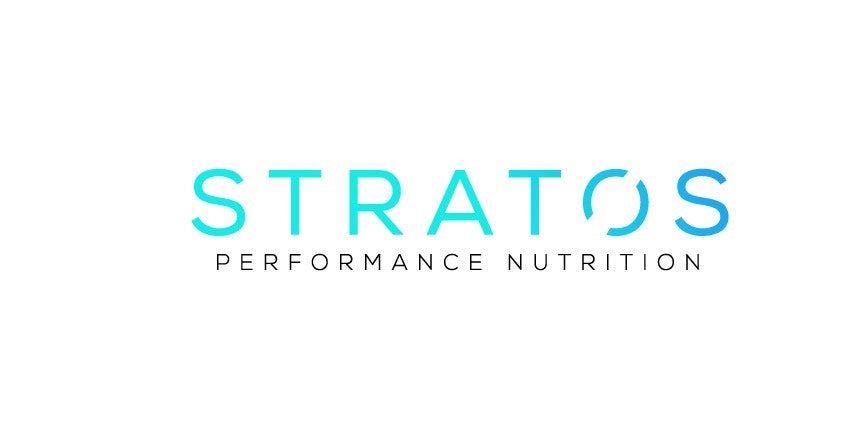
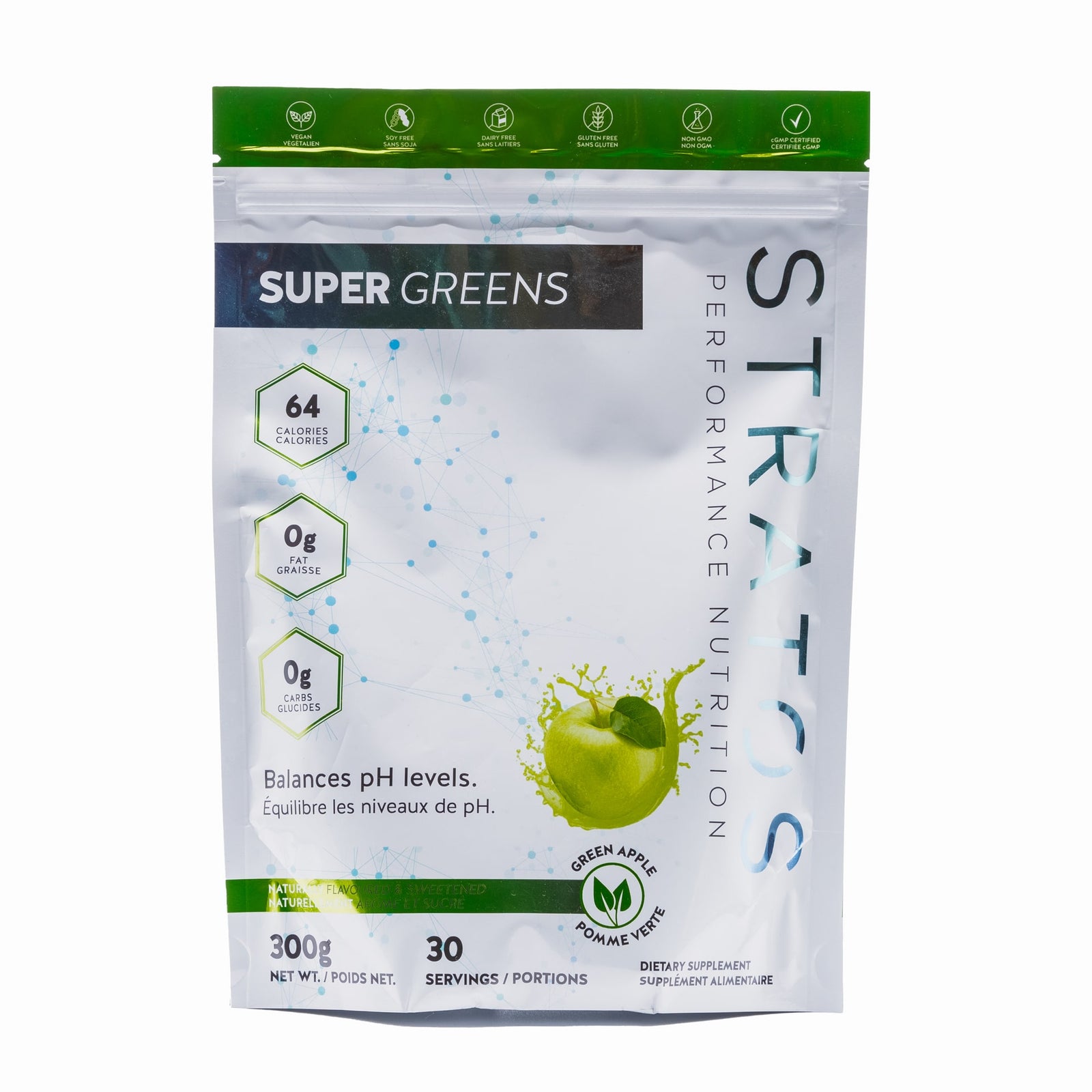
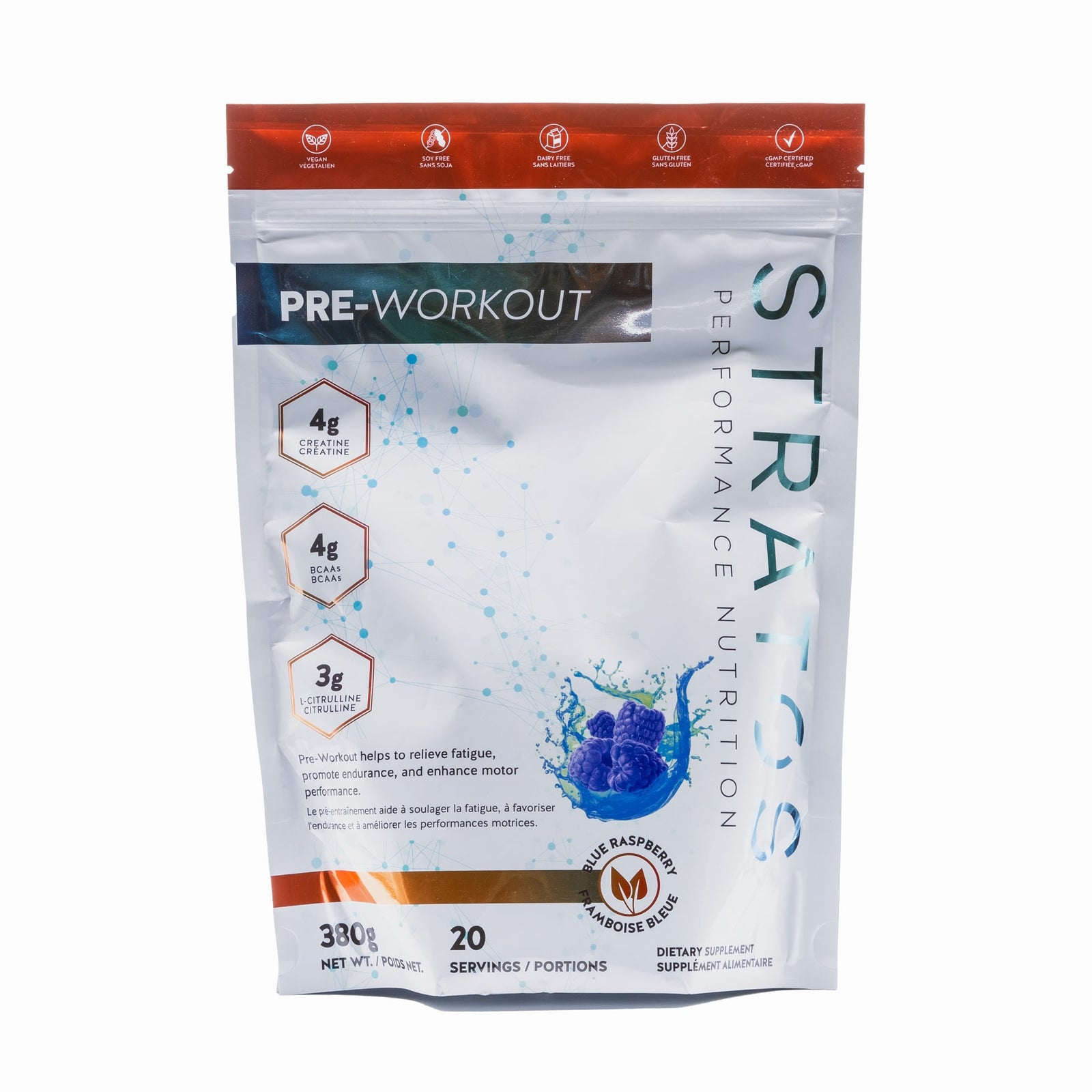
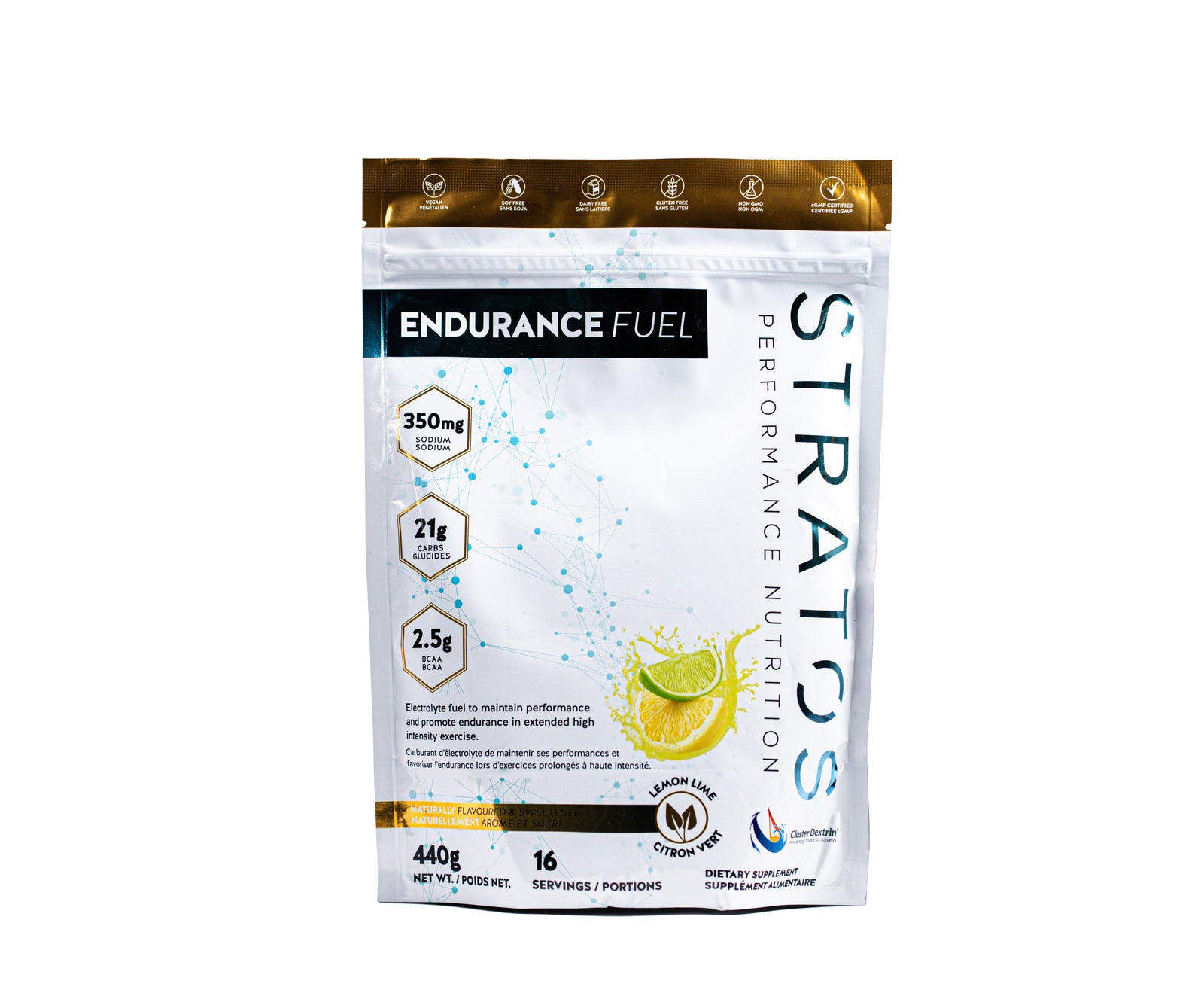
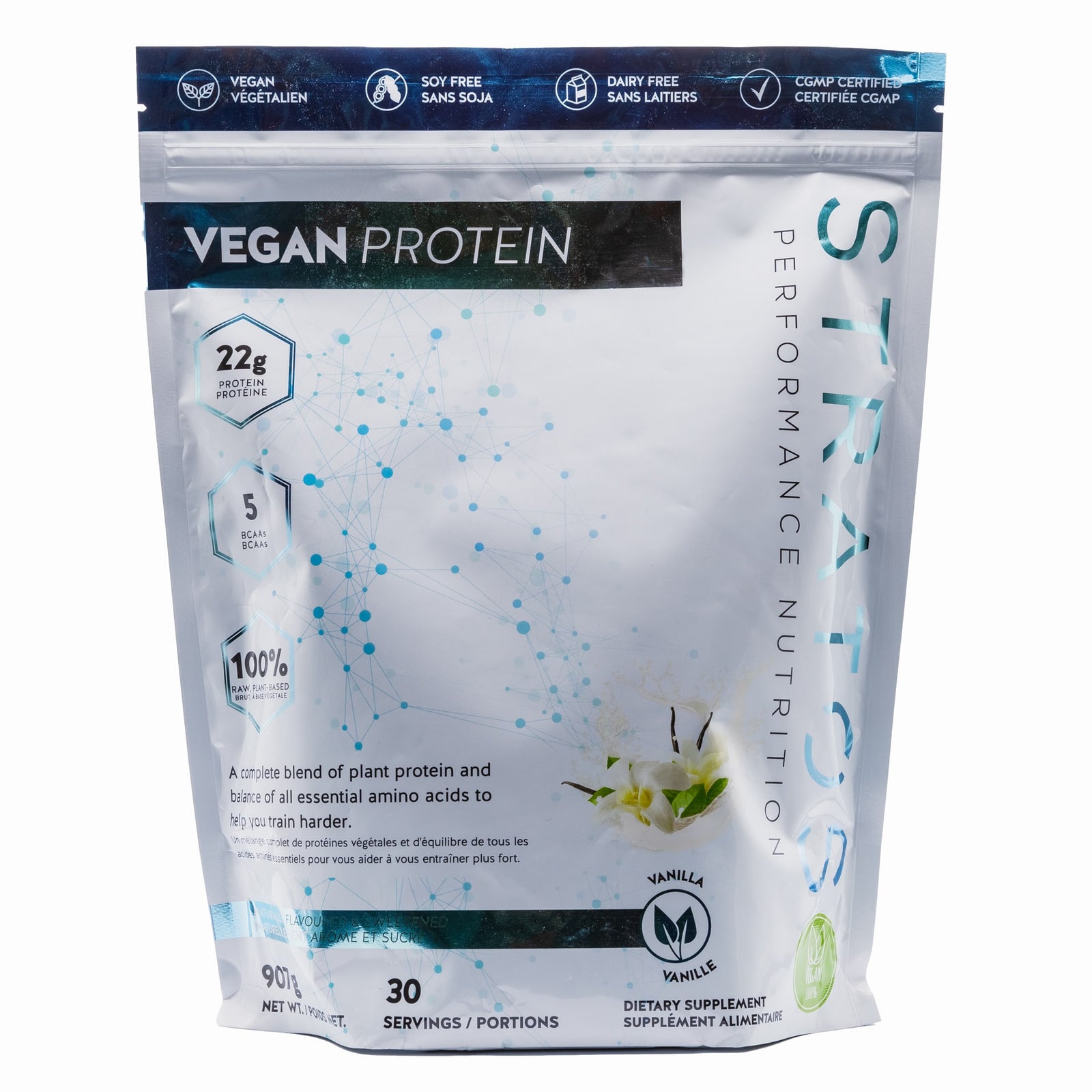


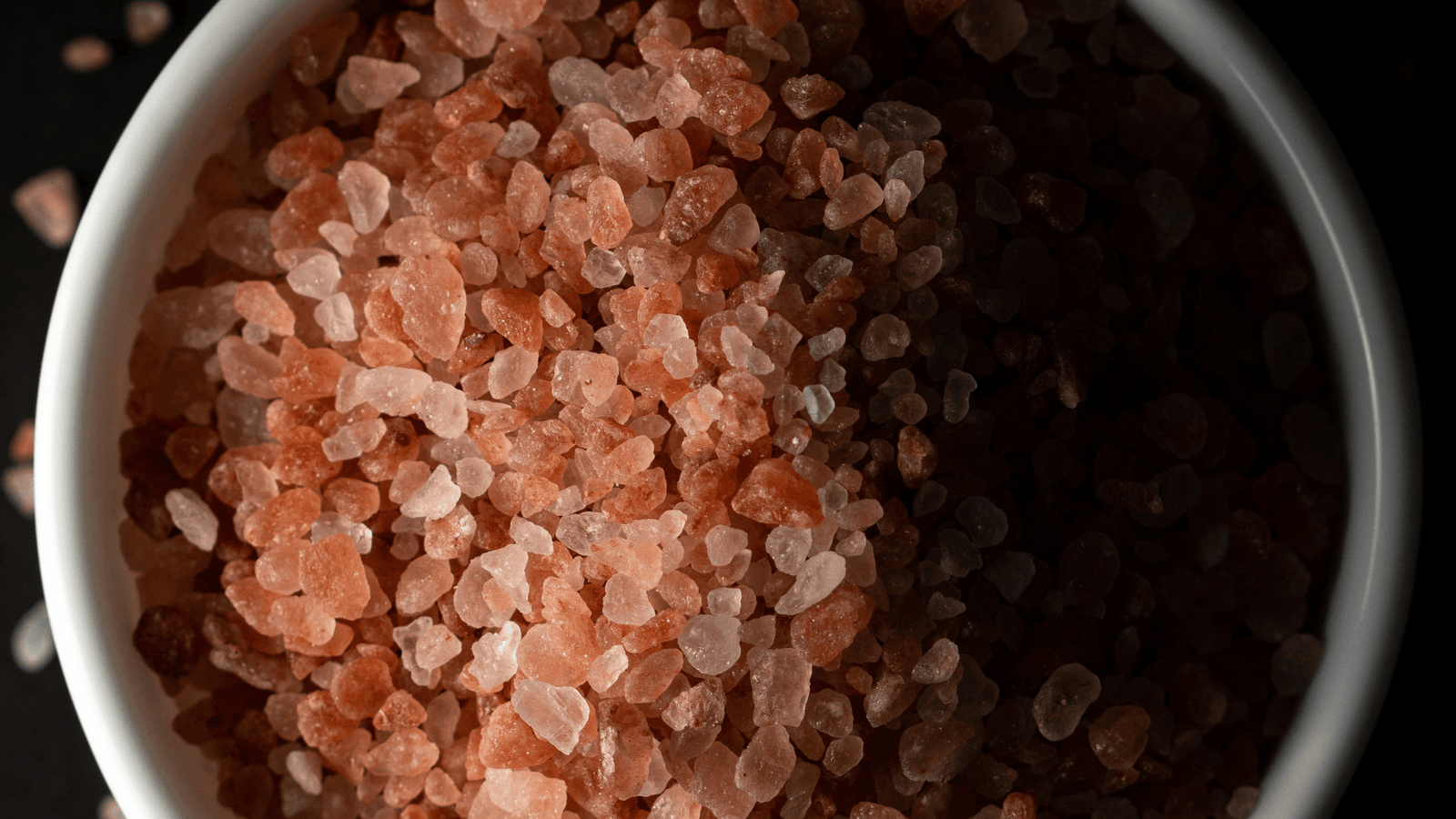

Leave a comment (all fields required)